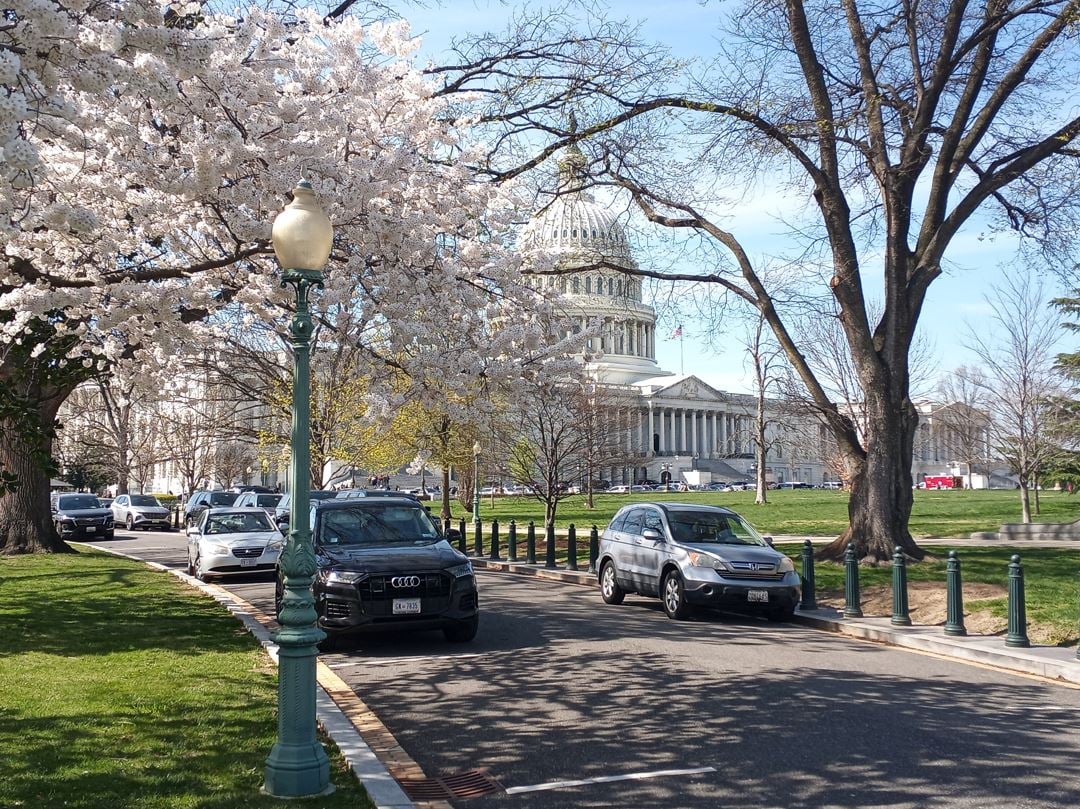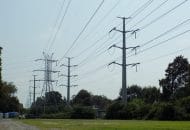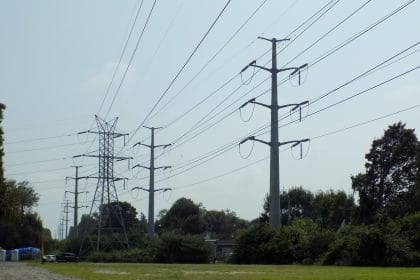Congress Seeks to Limit Intellectual Property Derived From Artificial Intelligence

WASHINGTON — A House panel on Wednesday tried to get its hands around the slippery issue of when inventions or artistic works developed with artificial intelligence should receive intellectual property rights.
Intellectual property normally refers to patents for inventions or copyrights for literary, musical or artistic compositions. It gives the owners exclusive rights to earn money from their original and creative designs.
They are major driving forces behind the innovations that keep American industries operating.
In the past few years, applicants for intellectual property protection from the U.S. Patent and Trademark Office have been using artificial intelligence to generate what they claim as their own innovations.
“AI cannot be listed as an inventor on a patent,” said Rep. Hank Johnson, D-Ga. “It cannot own a copyright.”
Artificial intelligence refers to the simulation of human intelligence processes by machines, especially computer systems.
The Patent and Trademark Office put out policy guidelines in recent months explaining that it will not grant intellectual property rights for designs generated by artificial intelligence. The guidelines have not put an end to the applications.
Now the House Judiciary Subcommittee on Courts, Intellectual Property and the Internet is trying to decide whether and how it should intervene.
Witnesses at the hearing from the intellectual property profession said part of the problem is tracking down whether artificial intelligence or a human produced an innovation.
Consumer software applications like ChatGPT and Stable Diffusion allow users to type in a few words explaining what they want before the programs produce the literature, art, music or descriptions of inventions they were commanded to publish.
“How can you tell?” Johnson asked.
“That’s a good question,” said Joshua Landau, senior counsel for the Computer and Communications Industry Association.
Like other computer industry experts, he cautioned against new government regulations that might stifle innovation while artificial intelligence continues to develop.
“If you look to existing law, you can find the balance we need,” Landau said.
He suggested that courts be assigned to sift through questions of whether artificial intelligence or humans should be credited with developing inventions or literary and artistic works.
Lawmakers on the subcommittee seemed skeptical that tedious and expensive court procedures are best for deciding intellectual property rights.
“That causes me to be a little queasy about ceding authority to the courts or to regulators,” Johnson said.
Rep. Darrell Issa, R-Calif., the subcommittee chairman, added, “We have a long history of trying to prevent excessive litigation.”
The average cost of a patent case, where $1 million to $25 million is at stake, is $2.8 million through final disposition, according to the American Intellectual Property Law Association.
Kristelia García, a Georgetown University Law Center professor, recommended new disclosure requirements for patent and copyright applications that explain how much of the innovation was developed by a human and how much by artificial intelligence.
A “case-by-case approach” to patent rights might avoid the perils of rushing into legislation with a new and developing technology, she said.
“We don’t know what kind of legislative intervention would be helpful,” Garcia said.
You can reach us at [email protected] and follow us on Facebook and X.
























